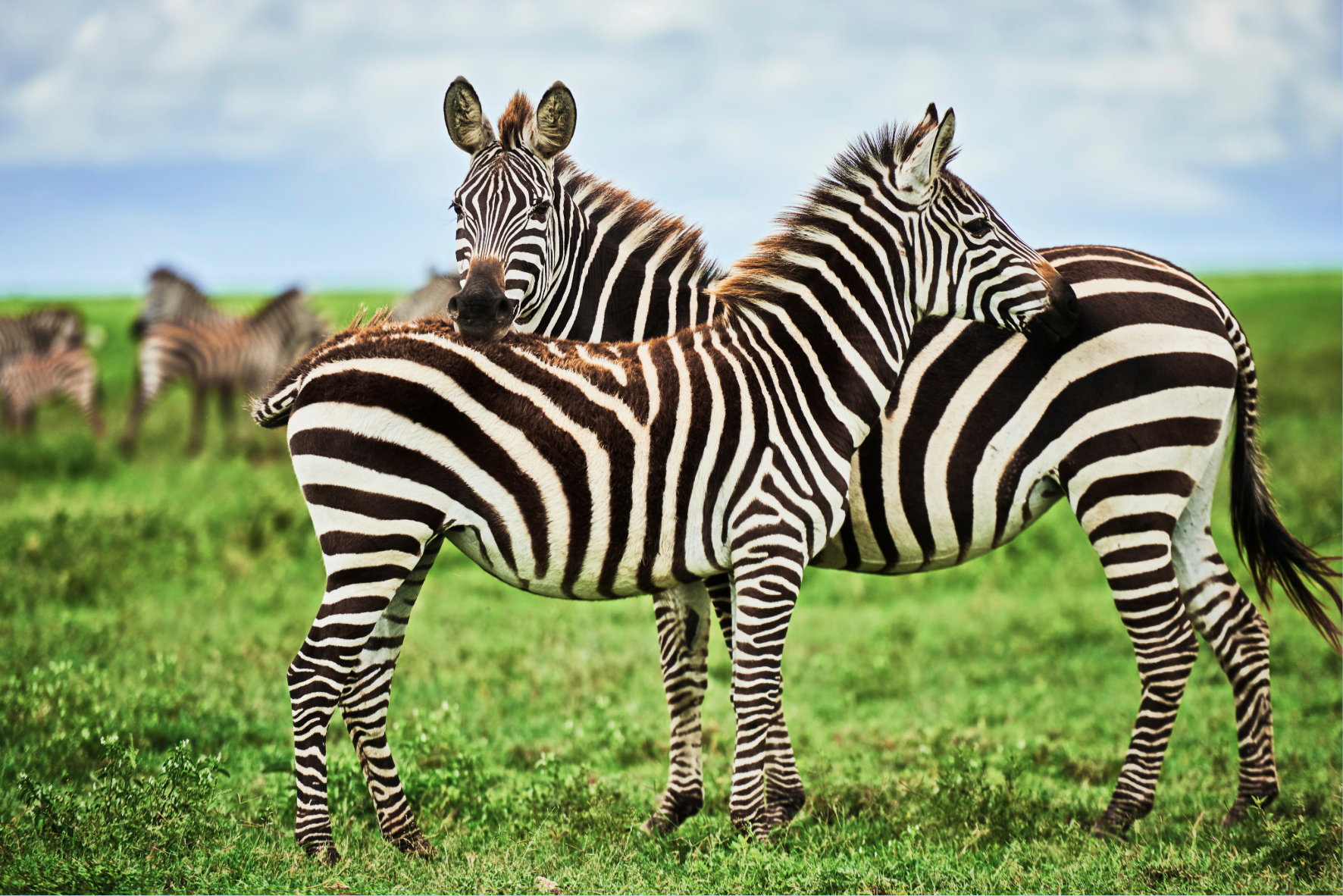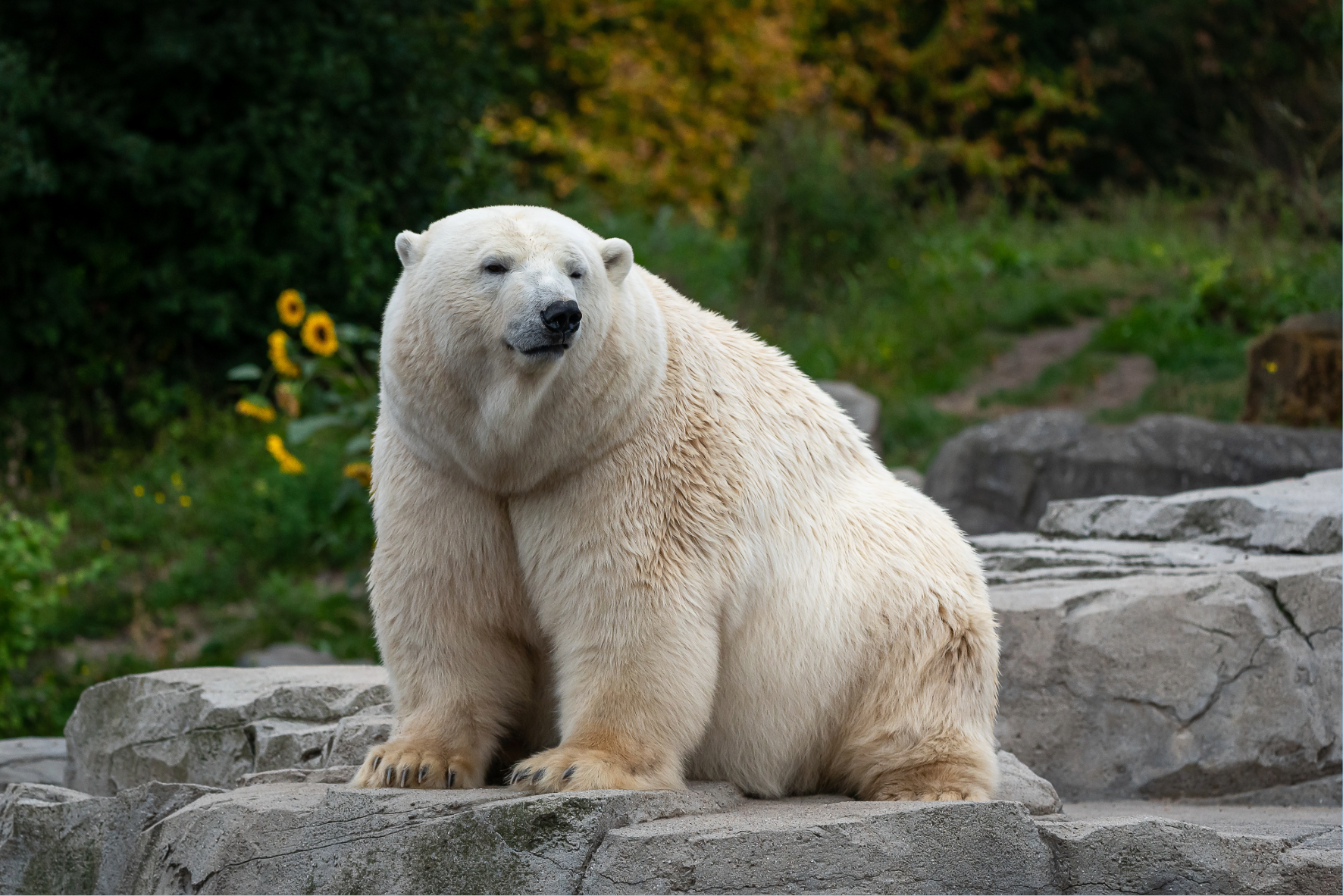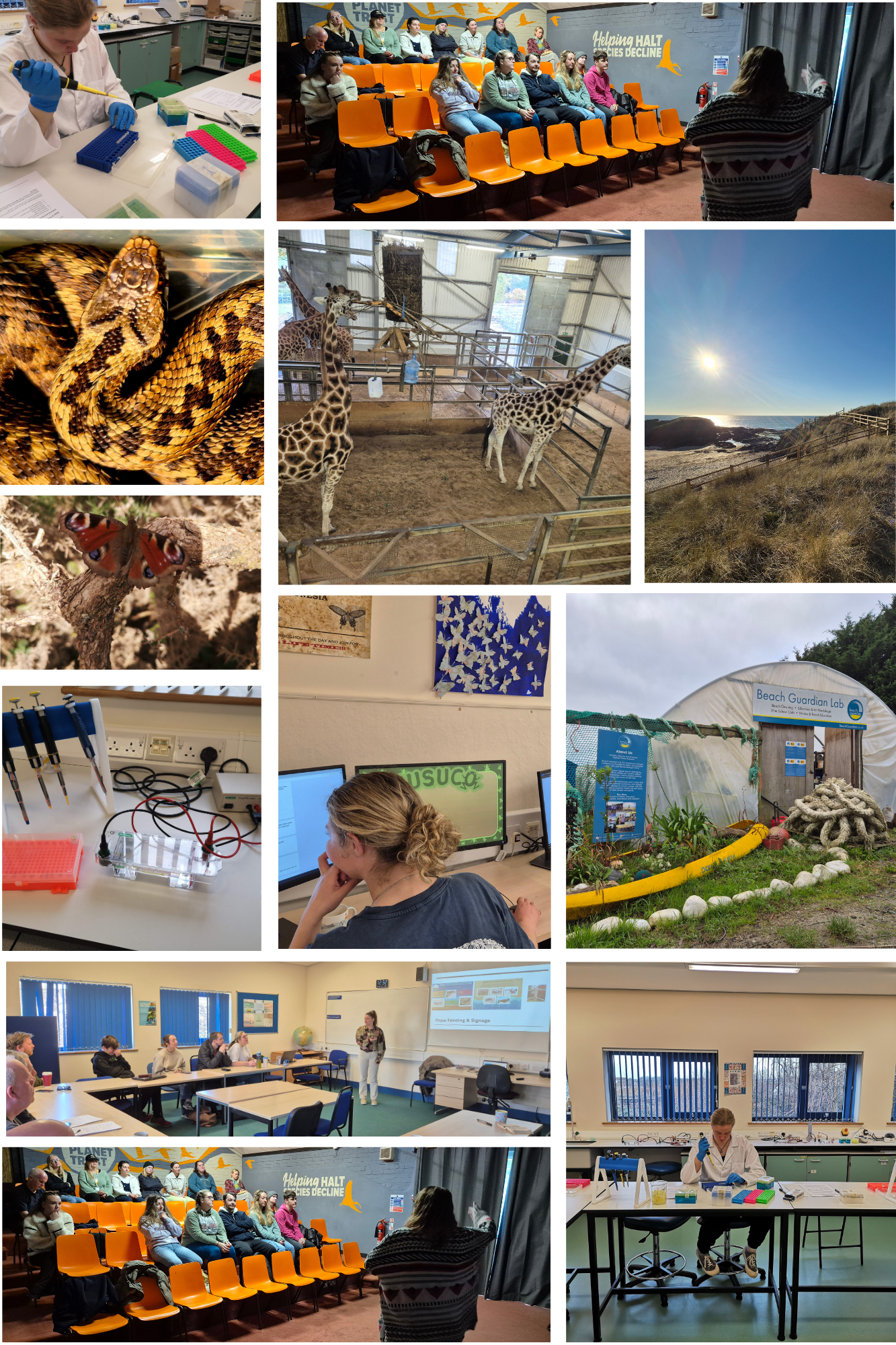
If you continue browsing this website, you agree to our policies:
x
Section outline
-



-
Full and Part-time Courses Starting September 2025
-
This link will take you to the download page for QGIS if you want to download in preparation for your course. Choose the right download package for your laptop (Microsoft or Mac).






